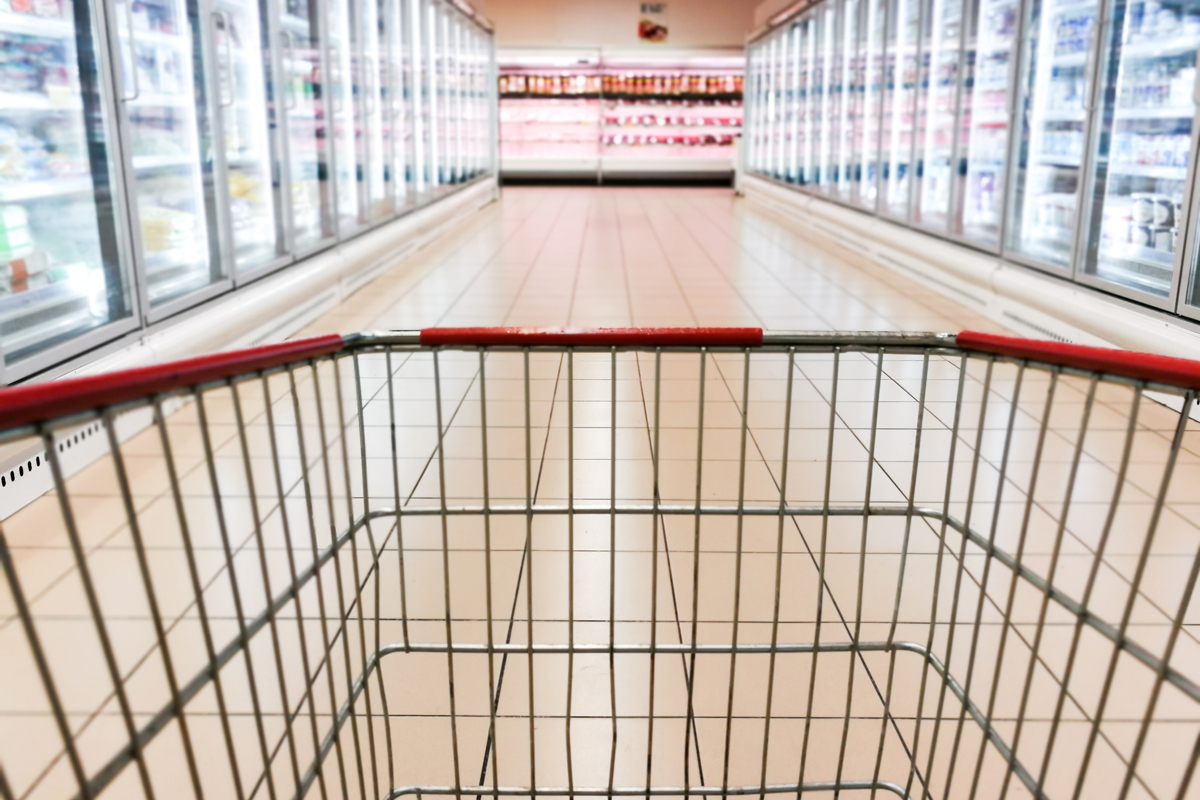Chillers and arson are behind more than half of all fires in independent food and news stores, according to data from fire authorities.
Following freedom of information requests by Better Retailing, more than 34 fire brigades provided incident data on retail fires for the 12 months ending in June 2020. Analysis found 193 fire callouts in food and news retailers during the period, including 86 in multiple-owned stores, 94 in independents and 13 of unknown ownership.
The results also revealed differing fire risks depending on store type. Just 10.5% of fires in multiples were started deliberately, compared with nearly 25% of all fires in independents.
Asked about the gap, Retail Mutual manager Kirsty Hampton said: “Unfortunately, [local shops] can be a focus point for antisocial behaviour, and there can be an element of racial targeting. On the other hand, multiples have more security, more CCTV and can be seen as less of an easy target.”
Coronavirus and Brexit delay shop chiller repairs
The manager added rising vacancy levels in adjacent shops were also behind a rising number of incidents, with independents urged to cover up letter boxes of vacant units.
The fire authority data suggested poor fire safety procedures in independent shops were also to blame.
Waste stored too close to the shop was cited as the ignition point in just 3.5% of supermarket incidents, but 12.8% of independent shop incidents. “A lot of insurance policies require waste is kept at least three metres from the building,” warned Hampton.
Chillers
Faulty electrical appliances were the top-ranking cause of fires in independents and multiples, at 26.4% of all incidents.
Chillers alone accounted for 17.6% of all fires, cooking equipment 6.7% and lighting 6.2%.
Cross-referencing with Met Office data found the peak temperature for days and locations with a chiller fire was nearly double the UK’s 2020 average temperature. Chest freezers were the most common chillers named in fire reports.
The multiple most reliant on chest freezer appliances, Iceland, was also named as having the highest rate of chiller fires per 100 stores of any retail chain.
Hampton and Simon Robinson, managing director at leading refrigeration company Pastorfrigor, said poor maintenance was to blame for most incidents.
Global warming leading to increased chiller failures
Robinson said: “Whether you’re an independent or a multiple, poor housekeeping is the major cause of chiller fires, with many starting with compressors overheating. Removing dust from around the compressor should be easy and will reduce the risk, and can massively reduce refrigeration energy costs by up to 50%.”
Other recommendations included not stacking waste against outdoor units of remote chillers, regular servicing and making sure outdoor units are shaded from direct sunlight.
Commenting on insurance claims made to the Retail Mutual, Hampton referenced high-power chillers operating “on extension leads on extension leads”, dust buildup, low maintenance and independent stores delaying getting known issues repaired.
Sliding chiller doors cut energy bills
Robinson also referenced consumer plug timers being used on drinks chillers. “These are designed for Christmas trees, not heavyduty commercial fridges. Switching on and off over and over again is a massive fire risk,” he said.
The Pastorfrigor boss also called on chiller suppliers and symbol groups to do more. “Manufacturers that make maintenance harder make fires more likely.
“Store owners shouldn’t have to unscrew anything to clean the compressor.
“Symbol groups lead their stores to certain suppliers so they also have a responsibility to promote regular maintenance and only support easy-to-maintain models,” he said.
Hampton’s and Robinson’s fire safety tips for stores
Have plug sockets installed rather than running chillers on extension leads
“Whereas multiples put the power outlet where it’s needed, independents often make do and we see fires with extension leads into extension leads into high power equipment.” Said Hampton.
Clean the vents and compressor of chillers frequently, as well as the underneath
“In chillers, dust build up accounts for a lot of chiller fires,” said the Retail Mutual manager. The Pastorfigor boss added that a vacuum cleaner can be used to clean hard to reach parts of the unit.
Do not store waste against the shop
“With remote chillers, where the cabinet is on the shop floor but the work is being done out back or on a roof, overheating can be an issue and we see instances where rubbish is being stood against them,” said Robinson.
“Hampton added the issue was harder for many independents than for multiples due to having less storage space. “It’s sometimes a space issue. Is there a suitable safe location to store waste? Often stock rooms are piled up high and much of that is flammable matter,” she added.
Turn off mains and block letterboxes of vacant shops
Hampton advised: “Due to wider high street issues and the pandemic, a lot of claims are coming from fires spreading from adjacent vacant properties, which can be targeted in arson attacks. Where possible, we advise stores to tape up letter boxes, make sure the mains electricity is off and alarms are still working in vacant sites, even if it’s just a temporary closure.”
PAT test all devices annually
The Retail Mutual manager told retailers: “51% of our fire claims are down to electrical faults in appliances. A lot of the rest is down to faulty wiring and it can come down to maintenance. While multiples may not have someone per store in charge of it, there will be a job role dedicated to PAT testing, scheduling maintenance and checking the equipment.”
Carry out a risk assessment
Not only are these mandatory for many Covid and non-Covid insurance claims, they are also a major health and safety requirement for any store, even if their staff are just family members. Hampton said the Retail Mutual provides a free risk assessment document to download online which stores can use to check their compliance.
Read more news and advice on shop chillers



Comments
This article doesn't have any comments yet, be the first!